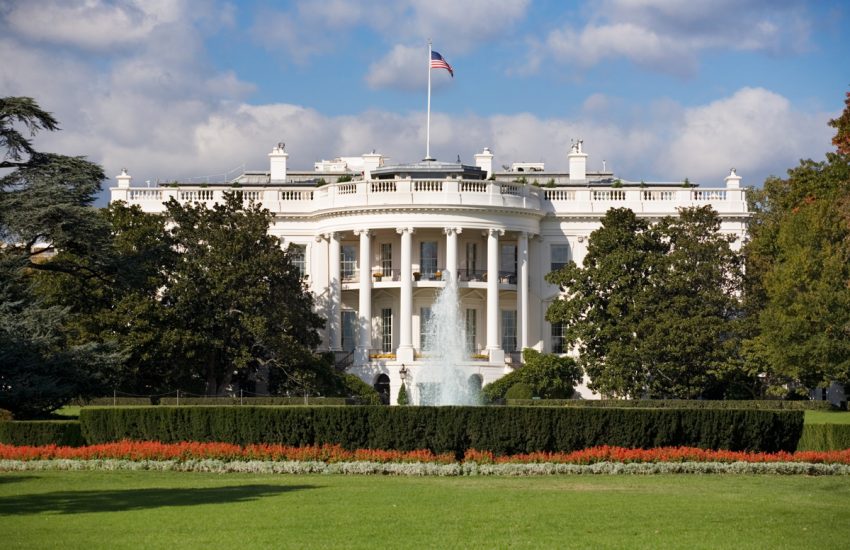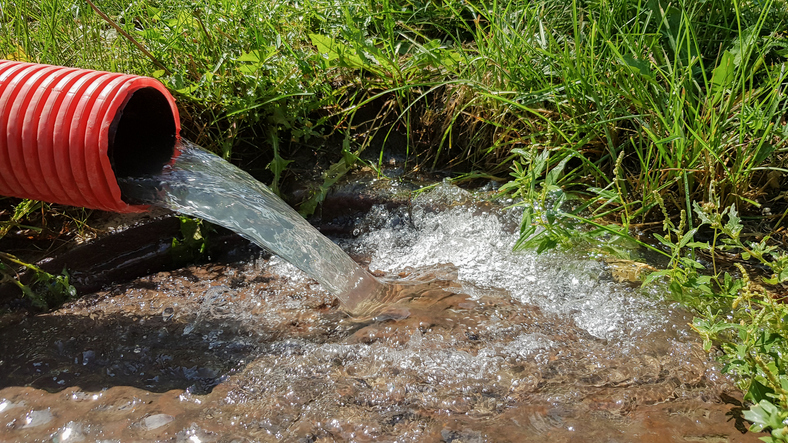On October 6, 2021, the White House Council on Environmental Quality (CEQ) proposed modifications to provisions of its regulations implementing the National Environmental Policy Act. NEPA is a federal law that requires all federal agencies to assess the environmental effects of any proposed actions as part of its decision making. The proposed rule is the first of a two-phase rulemaking process, which would reverse changes to NEPA that went into effect during the Trump Presidency after being in place for decades prior to such modifications. …
Continue Reading









